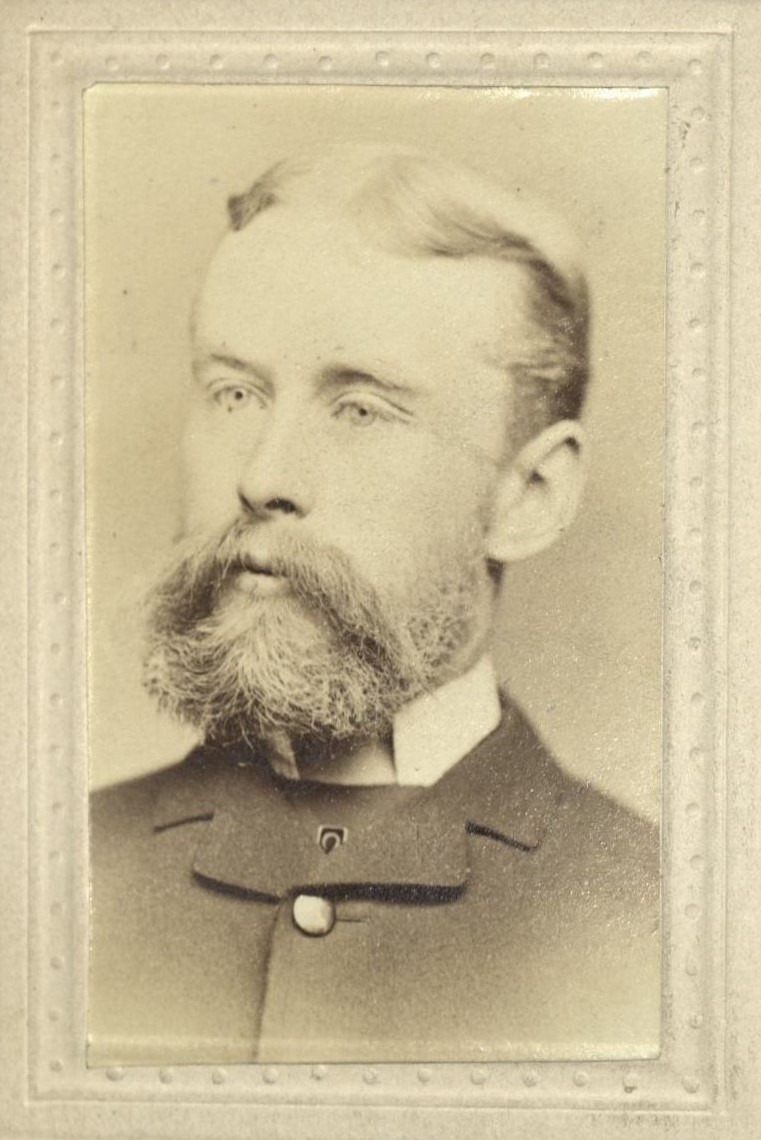Member Directory,
1847 - 1922
Edward W. Sheldon
Lawyer
Centurion, 1891–1934
Charles Stewart Davison and Allan Marquand
Plainfield, New Jersey
New York (Manhattan), New York
Age thirty-two
Princeton, New Jersey

Century Memorial
When Wall Street in general, and Wall Street bankers in particular, became the text of Congressional oratory in 1933, they were held up indiscriminately to scorn. All of them were conspirators and wreckers. The infatuated speculating public, which every one knows is never to blame for disastrous results from such an episode as that of 1929, had to find some one else responsible for speculative mania and speculative losses. There were bankers who had been applauded, in the delirious days before the autumn of 1929, as captains of the New Finance, who lost their heads as completely as the public and who therefore, by the irony of events and the formula of Congress, were denounced at Washington a year or so after the great collapse on the Stock Exchange as responsible for the whole of it. The fact that panegyrics on these identical Captains of Finance had been delivered from the floor of Congress in 1929 probably made more violent the diatribes of 1933; the new régime was to be an administration not only of all the talents but all of the virtues. Even today, when passion at the Capitol has worn itself out, when the President has himself made overtures to the banking fraternity at its national conference, there are still reformers pleading for a “new type of banker,” insisting that all the banking ideals of the past are dead, and informing us that the banker of the future must be guided by what is described as an entirely new conception, regard for the public welfare.
The answer to all this political emotionalism is provided by such a career as that of Edward Wright Sheldon. Conducting an important New York trust company, Sheldon’s administrative policies were invariably directed, first to ensuring the financial security of his company’s clients, then to meeting the public responsibilities of a great fiduciary institution. His bank cut no figure in the spectacular company promotion and credit inflation that preceded 1929; but when the question of the day was how to meet the delirium of panic, as in 1907, or how to sustain the public credit when other banking institutions hesitated, as they did in 1894, the United States Trust Company came into the limelight.
Not only was Sheldon’s banking policy distinguished by high regard for the public welfare, but his personal activities were equally applied to the public service. He was for twenty-seven years trustee of the Public Library, active administrator of the Milbank Memorial Fund in the public interest, governor of the New York Hospital and a moving spirit in the important consolidation of that institution with the Cornell Medical College. He acquired no great private fortune; his public benefactions made it impossible. But his executive capacity as applied to these numerous responsibilities, his modest demeanor, old-fashioned courtesy, absolute unselfishness and high capacity for friendship, made up a personality in American banking which was perhaps the best answer to emotional Washington.
Alexander Dana Noyes
1935 Century Association Yearbook





